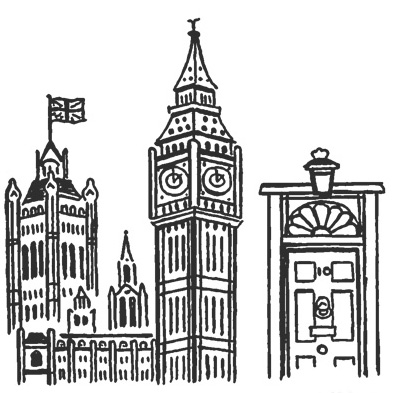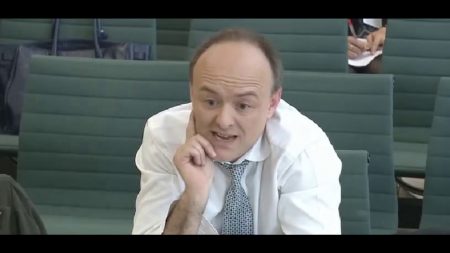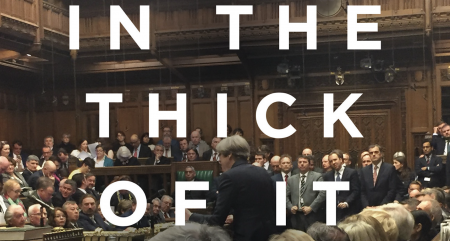In the 100 years since Max Weber defined the state by its “monopoly on the legitimated use of physical force”, the spheres of influence over which democratic governments now have substantive or complete control has multiplied many times over. Recent and valiant efforts by anti-poverty campaigners and the Manchester United striker Marcus Rashford to provide lunches to schoolchildren during this austere half-term break make that clearer.
If the primacy of compulsory mask-wearing and a state-sanctioned national lockdown wasn’t evidence enough, this latest reality check on the modern importance of the state in untold areas of our lives should suffice.
But first, said reality check. After a gargantuan effort by charities and the private sector the UK over, some 10,000 extra lunches were given to British schoolchildren on Monday alone according to the Huffington Post. An admirable initiative indeed, and hats off to all involved. Even senior members of the government said as much, with Matt Hancock and Nadim Zahawi celebrating the work of Rashford et al to feed the hungry kids.
Where reality must set in, however — as it often does — is in the data. During term-time, the government funds school lunches for millions of children every single day, including 1.4 million in England alone. With the system seeing the Treasury pay £2.30 to schools and local authorities per pupil per meal, the cost approaches some £20 million each week.
In that light, 10,000 doesn’t seem like so many lunches. Certainly not enough for government ministers and influential conservative commentators to proclaim this new charity drive as some kind of alternative to government action.
Herein lies the problem. Alongside a monopoly on legitimate violence, the contemporary British state has amassed sole determinative power over the provision of millions of children’s school lunches. With the unrestrained growth of the state over the past century — and the subsequent influence politicians now enjoy — comes duties to taxpayers which far outstretch our old-fashioned expectations of Westminster. To put it another way: with great power comes great responsibility. Ministers and MPs pretending otherwise are deluding themselves.
What Rashford and thousands of others’ valiant efforts have proved is that charity alone cannot plug the gap in our food economy — as much as government ministers nervously eyeing spreadsheets would like it to. Dickensian debates on “frugal parents”, “state dependency” and “working-class values” are as irrelevant as they have ever been. What is clearer than ever is that the British state will have to continue to fork out millions of pounds each week for the essential nutrition of millions of children because there is simply no other way those children will be fed.
The democratic state in 2020 is bigger and more directly important to the livelihoods of its citizens than anyone from Weber’s era could have anticipated. What Weber’s predecessor Karl Marx fatally misunderstood about the state is how much good it can do.
Millions of needy children who qualify for the benefit — including myself, once — live with that reality every day. When the food on your plate is the direct product of government provisions and the idea of paying taxes is as impossibly distant as getting married, the state doesn’t seem like quite such a pernicious force.
The philanthropy of Carnegie and Rockefeller is, thankfully, no longer seen as a cure-all for society’s ills. Of course, charity still plays a central part in communicating market failure and, ideally, doing something about it. But the whole task?
And since Attlee’s post-war Labour government ushered in the modern welfare state amid the rubble of the Second World War, that responsibility to do good has only grown larger.
Rather than engaging in culture wars over a single week of government benefits which already exist year-round, the Conservatives’ wing of welfare hawks ought to remember what the modern state is for — even if they don’t always like it.






